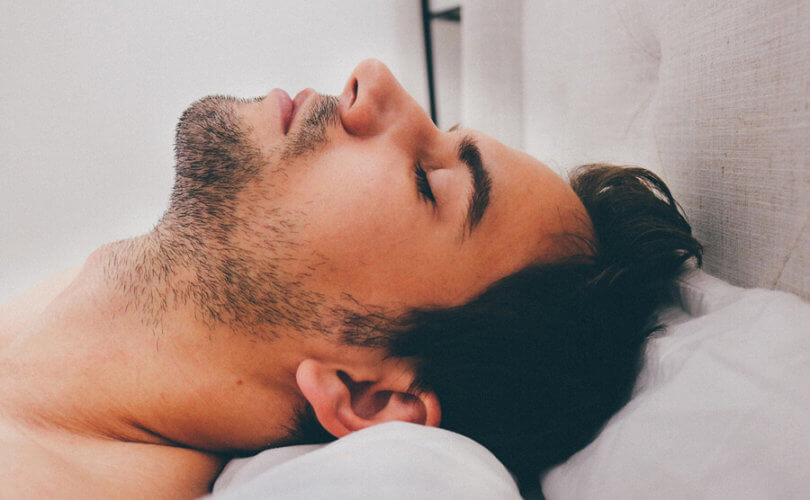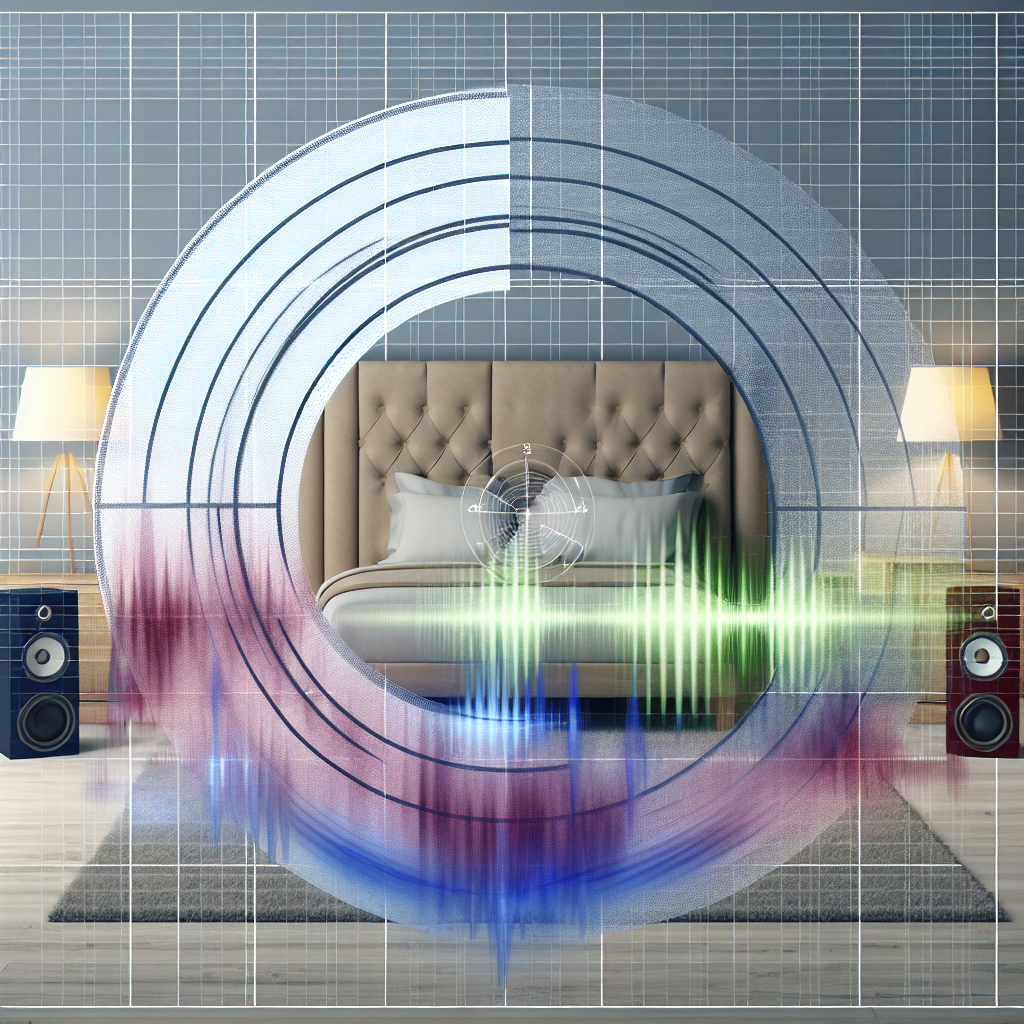According to the CDC, 35.2 percent of adults sleep less than seven hours. Insufficient sleep can cause severe problems for all our organs. For example, the adrenal system releases cortisol, a stress hormone, when these organs cease functioning.
Your health can be negatively affected by stress. Research has shown that stress can cause sleep deprivation.
Sleep can cause poor physical health
It is possible to have a stressful job, a family crisis, or a difficult personal situation and not get enough sleep. If you don’t get enough sleep, your stress will only rise.
Both sleep and stress are well-known. Inadequate sleep can cause poor physical health. Our minds cannot shut down when we are stressed, meaning that we get only four to five hours of sleep every night. The quality of this sleep is not always excellent.
REM is essential for mental well-being
You can do many things to reduce stress levels and get the rest you need. These are some ways you can get a good night’s sleep.
Chronic stress can cause disruptions in the sleep-wake cycle, which can affect the internal clock that regulates when the body should wake and go to bed. As a result, chronically stressed people are more likely to have difficulty falling asleep and poor sleep quality.
Chronic stress can also affect rapid eye movement (REM), essential for mental well-being. In addition, your dreams can be affected by stress.
Sleep deprivation has been linked to negative psychological and physiological effects. Some people experience difficulty concentrating, while others have trouble with irritability. Insufficient sleep activates the brain’s part responsible for anxiety and emotional processing.
Cognitive-behavioral therapy
People with anxiety disorders who are not getting enough sleep can suffer from adverse mental effects. Sleep deprivation can make you more stressed if you’re worried about moving.
It is suitable for you to make an appointment with your doctor. Keep a log of the times that you have trouble falling asleep. Your doctor can help you determine your sleep disorder and suggest the best treatment. Cognitive-behavioral therapy (CBT) and acupuncture can reduce stress and improve sleep. Consult a healthcare professional if you have trouble sleeping or are stressed.

Dominic E. is a passionate filmmaker navigating the exciting intersection of art and science. By day, he delves into the complexities of the human body as a full-time medical writer, meticulously translating intricate medical concepts into accessible and engaging narratives. By night, he explores the boundless realm of cinematic storytelling, crafting narratives that evoke emotion and challenge perspectives.
Film Student and Full-time Medical Writer for ContentVendor.com




